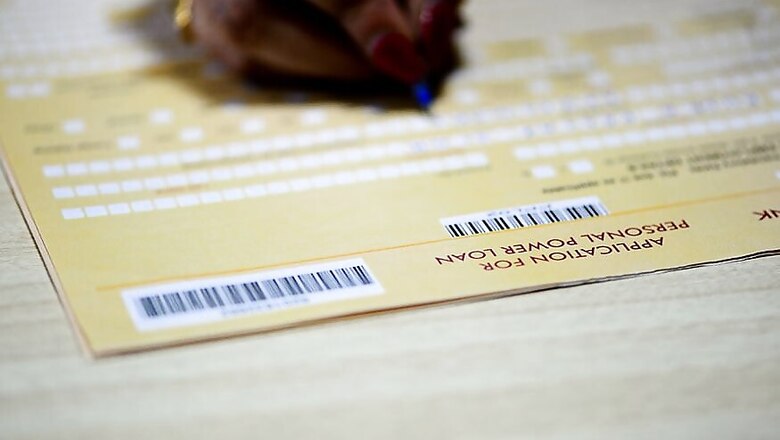
views
New Delhi: A number of insolvency-bound companies, reeling under huge unserved loans, are scouting for front entities to buy them out in a distress sale under an 'asset reconstruction' model with the help of 'friendly' IRPs, but have landed themselves under the regulatory scanner.
According to top regulatory officials, some of these firms are approaching senior NBFC executives with a good reputation in the market with a novel idea of setting up their own 'asset reconstruction startups' and then bidding for the assets being sold under the insolvency process.
They are also trying to rope in some 'friendly' IRPs (Insolvency Resolution Professionals) to help achieve their motive of a 'front entity' acquiring the assets on sale, but the regulators and the government agencies have got a whiff of the whole design including with the help of some whistle-blowers, a senior official said.
The companies which are currently under scanner include those from the steel, power and textiles sectors, the official said, but refused to divulge the names as the investigation is currently underway.
There are apprehensions that more such 'frauds' may happen once the individual insolvency regime is introduced as several HNIs may want follow similar routes to get away from paying debt and still retain some of their assets.
The government is, however, aware of such possible attempts and will keep strengthening the law to check any misuse, officials added.
Around 500 corporates have been admitted for resolution and about 100 companies have commenced voluntary liquidation under the Insolvency and Bankruptcy Code (IBC), which is a little over a year old.
A tentative estimate of the total underlying default amount which formed the basis for initiation of resolution of about 500 corporate debtors is about Rs 1.3 lakh crore.
A significant number of lenders have initiated insolvency proceedings against various companies with regard to stressed assets while proceedings have also been started against realty firms and others.
The government recently amended the law to bar wilful defaulters as well as those with NPA accounts from bidding in auctions to recover bad loans through insolvency proceedings, to prevent unscrupulous persons from misusing or vitiating the provisions of the IBC.
The amendment also makes certain persons ineligible for being a resolution applicant.
The ineligible persons or entities include undischarged insolvent, wilful defaulters, and those whose accounts have been classified as non-performing asset.
These persons, however, can become "eligible to submit a resolution plan" if they clear all overdue amounts with interest and other charges relating to NPA accounts.
The amendment to the IBC has been brought to address concerns that "persons who, with their misconduct contributed to defaults of companies or otherwise undesirable, may misuse this situation due to lack of prohibition or restrictions to participate in the resolution or liquidation process, and gain or regain control of corporate debtor".
Moreover, this may undermine the process laid down in the IBC as "unscrupulous person would be seen to be rewarded at the expense of creditors".
As the amendment bill was getting passed in Parliament, Finance Minister Arun Jaitley said last week that the government has entered into uncharted territory as far as bankruptcy and insolvency code is concerned and would continue to modify the law dealing with the issue.
"Insolvency and bankruptcy is an area in which it is only in the recent years that we have chartered into. It is a learning experience," he said while winding up a debate on the Insolvency and Bankruptcy Code Amendment Bill.
The government, Jaitley said, has been encountering situations which were not anticipated earlier and assured that it would continue to take corrective action.
Jaitley said banks and unsecured creditors will have to take some haircut during the insolvency process and if the same management comes back, nothing would change.
Jaitley said as far as asset-owning companies are concerned, fetching the best prices is the target and any bid which is not viable can be rejected. It is for creditors to decide how much haircuts they want, he said.

















Comments
0 comment